If you aren't involved in the legal system, you might be shocked to learn that 90 percent of court cases get resolved before the trial ever begins. Settling a lawsuit can help to avoid the expenses of a trial, full hearing and legal representation, as well as shortening the timeline for the lawsuit. But how do these settlements happen outside of a courtroom?
A deposition can be an excellent way for lawsuits to get settled out of court, as well as for accident lawyers to prep in case it does go to trial. Read on to learn more about depositions and what really happens during a deposition behind those doors.
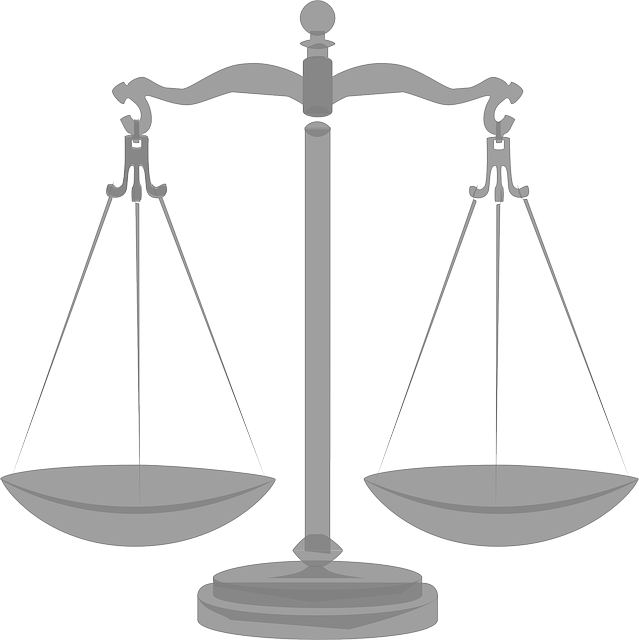
What Is a Deposition?
Before we get into what you can expect to experience at a first deposition hearing, let's talk some about what this procedure is. A first deposition hearing is a question-and-answer session that happens outside of a formal courtroom setting. Witnesses are still under oath, and the evidence gathered at a deposition can be used in court later in legal process.
A deposition is a chance for the lawyers on both sides to gather information that they think may strengthen their case. In some instances, this evidence will be an out of court testimony and the deposition rules are used to narrow down what evidence gets brought to the trial that happens during a deposition later. But in the vast majority of cases, the civil lawsuit itself will get settled out of court after the deposition.
Who Is at a Deposition?
One of the major differences between a deposition and a trial is that judges don't have to preside over depositions. Attorneys can conduct depositions on their own, and many times, these sessions will be held at an attorney's office. The plaintiff and defendant both have to be there, as do each of their lawyers and usually a court reporter.
Depending on the evidence being discussed at the deposition, either team of lawyers can call additional witnesses. These can include people who saw the incident (such as a car accident), experts in different fields (such as doctors), and people who can give information about the plaintiff or defendant. In general, the people at a deposition will be able to provide a more complete picture of what happened during the incident in question.
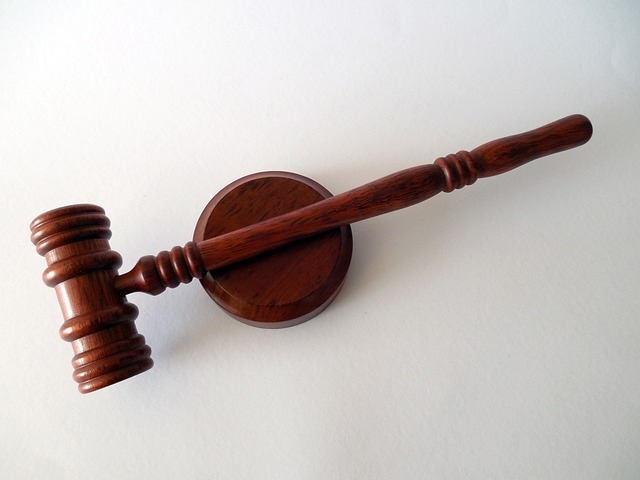
Before the Deposition
When you first arrive at a deposition, the court reporter or one of the lawyers will tell you the rules for the present at a deposition. They'll let you know that this will be recorded and that the evidence gathered here can be used in court. They'll also ask you to speak out loud in complete answers, not to interrupt attorneys, and only to answer questions the court reporter records the other attorney say they know the answer to.
Once everyone is clear on the rules, the person leading the deposition will have each witness take an oath to tell the truth, the whole truth, and nothing but the truth. The witnesses will also have to confirm that they are not under the influence of alcohol or drugs. They'll also have to explain how they prepared for the deposition, including any coaching from their attorney.
What Happens in a Deposition?
After all rules of discovery process obtain testimony have been clarified and oaths have been taken, the attorneys will start questioning the witnesses. As the witnesses answer questions, the court reporter will record the entire proceeding for later use. In general, lawyers from opposing sides will question witnesses from the other side (e.g., the defense attorney will question the plaintiff's witnesses).
Once the initial questioning is over, the opposing lawyer or attorneys from the other side will have a chance to cross-examine the witness. This can go through several rounds of questioning direct examination and cross-examination before a witness is done. During this whole procedure, attorneys from the opposing side or counsel may register objections on the official record, but most of the time this doesn't stop the question from getting answered.
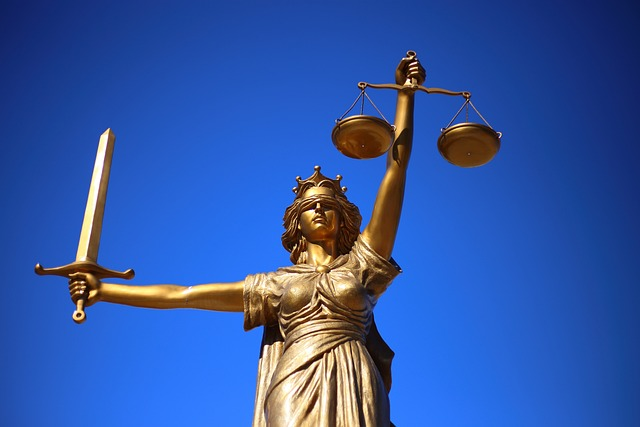
Topics Covered
If you are a witness at a deposition, there are several topics you may expect to be questioned about. Remember, your job is to answer everything as honestly as you can. Give the opposing counsel or lawyer as much information as you can that's relevant to the question, and don't try to make answers sound fancy or put a spin on them.
Attorneys in personal injury cases may start by asking you about your age, your education, your work, and other such personal information. In a personal injury case, they may ask about your medical history, details of the accident, and a description of your injuries. They'll also ask you to describe how these injuries have impacted your life and who else knows about the car accident here.
What Happens After a Deposition?
Depending on court rules and the law of where you live, depositions usually aren't allowed to go for longer than six or seven hours. There will be a lunch break in the middle of the day, and in some cases, depositions may extend over multiple days. Remember, both parties involved are trying to gather as much information as they can about the case before it goes to court.
Once the deposition is over, the court reporter will make copies of the transcript and send it, along with any evidence that got entered during the deposition, to both teams of lawyers. Both attorneys have access to all the same information and can use it to build their cases. If the case does go to court, they can use information gathered at the deposition to build their arguments and figure out how they're going to present their case.

Learn More About Depositions
Depositions are an important step before a trial or civil procedure or lawsuit begins, and in some cases, they can allow the suit to get settled out of court. If you're a witness at a deposition, your job is to answer all questions fully and honestly. These sessions can take six to seven hours or more, depending on how much information there is for the parties and attorneys to go over and prepare for.
If you'd like to learn more about depositions, check out the rest of our site at Georgia Auto Law. We are Georgia's leading auto accident lawyers, and every one of our clients receives a 24/7 VIP guarantee. Start your car accident case with us for a free consultation today and start getting results that can help you rebuild your life.

Conclusion: Understanding the Significance of a Deposition
Depositions hold a pivotal role within the legal system, offering a viable route to resolving cases without proceeding to full trial. This out-of-court proceeding carries substantial weight, being a critical component of the discovery formal investigation process, where the involved parties get the chance to gather essential information that could fortify their case. By asking questions and cross-examining witnesses, lawyers can obtain valuable insights and testimonies that could influence the outcome of the case.
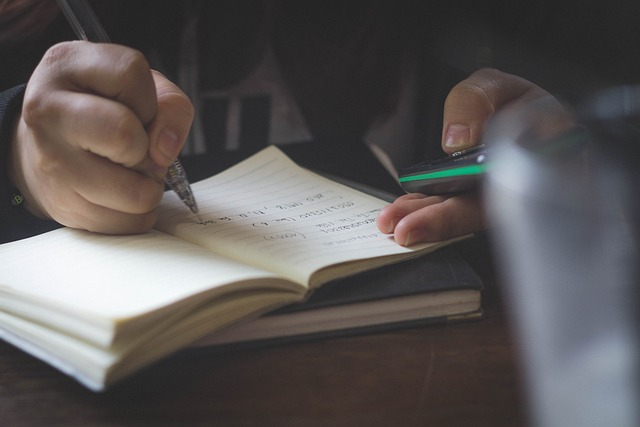
FAQs
Q1: What is a deposition?
A1: A deposition is a question-and-answer session that takes place outside of a formal courtroom setting. It involves witnesses being sworn in under oath, and the information gathered during the deposition can be used as evidence in court proceedings.
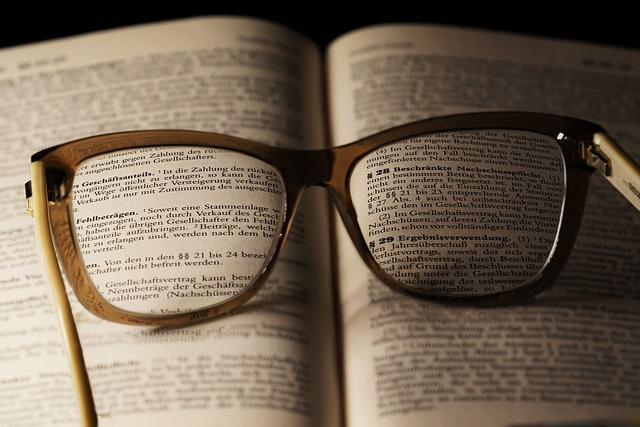
Q2: Who is typically present at a deposition?
A2: The individuals present at a deposition usually include the plaintiff, defendant, their respective lawyers, and a court reporter. Depending on the nature of witness testimony in the case, additional witnesses, such as experts or individuals with relevant information, may also be called to provide testimony.

Q3: What happens before a deposition?
A3: Prior to a deposition, the rules and procedures are explained to the court reporter prepares all participants. The court reporter or one of the lawyers will inform everyone that the session is being recorded and that the information gathered can be used in court. Witnesses are instructed to provide complete answers, avoid interrupting attorneys, and only respond to questions to which the other attorney knows the answer.

Q4: What occurs during a deposition?
A4: During a deposition, the attorneys question the witnesses, and their responses are recorded by a court reporter. Typically, attorneys from opposing sides take turns questioning witnesses. After the initial questioning, the opposing counsel or attorneys have an opportunity to cross-examine the witness. This process may involve multiple rounds of questioning and objections may be raised but generally do not prevent questions from being answered.
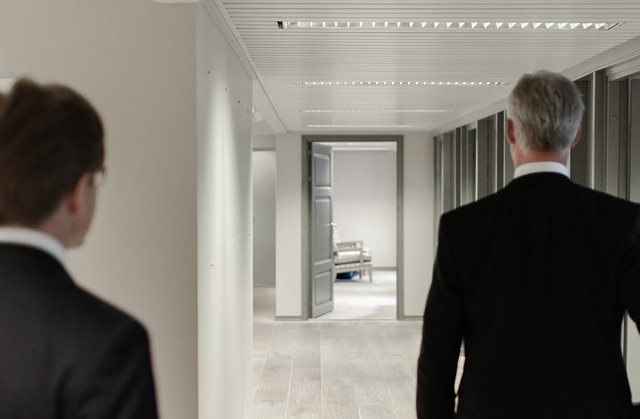
Q5: What happens after a deposition?
A5: After a deposition concludes, the court reporter creates a transcript of the proceedings and provides copies to both teams of lawyers. This transcript, along with any evidence presented during the deposition, becomes available to both parties for case preparation. The information gathered at the deposition can be used by attorneys to build their arguments and prepare and strategize for the trial if the case proceeds to court.
Q6: What topics are covered during a deposition?
A6: During a deposition, witnesses may be questioned on various topics relevant to the case. This can include personal information such as age, education, and work history. In a personal injury case, witnesses may be asked about their medical history, details of the accident, and the extent of their injuries. Additionally, witnesses may be asked to describe how these injuries have affected their life and provide information about others who have knowledge of the incident.
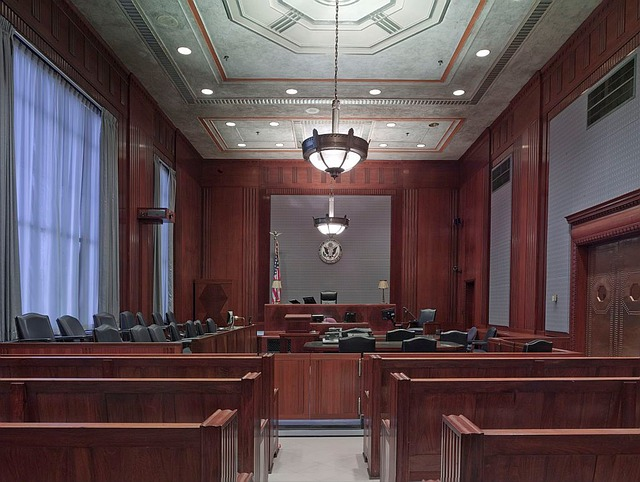
Q7: What is the significance of a deposition in the legal process?
A7: Depositions play a crucial role in the legal process as they allow parties involved to gather important information and testimonies before a trial or civil procedure. It serves as a discovery tool, enabling attorneys to gain insights that could impact the outcome of the case. Depositions also offer the opportunity for parties to potentially settle the lawsuit out of court based on the evidence and testimonies obtained.

